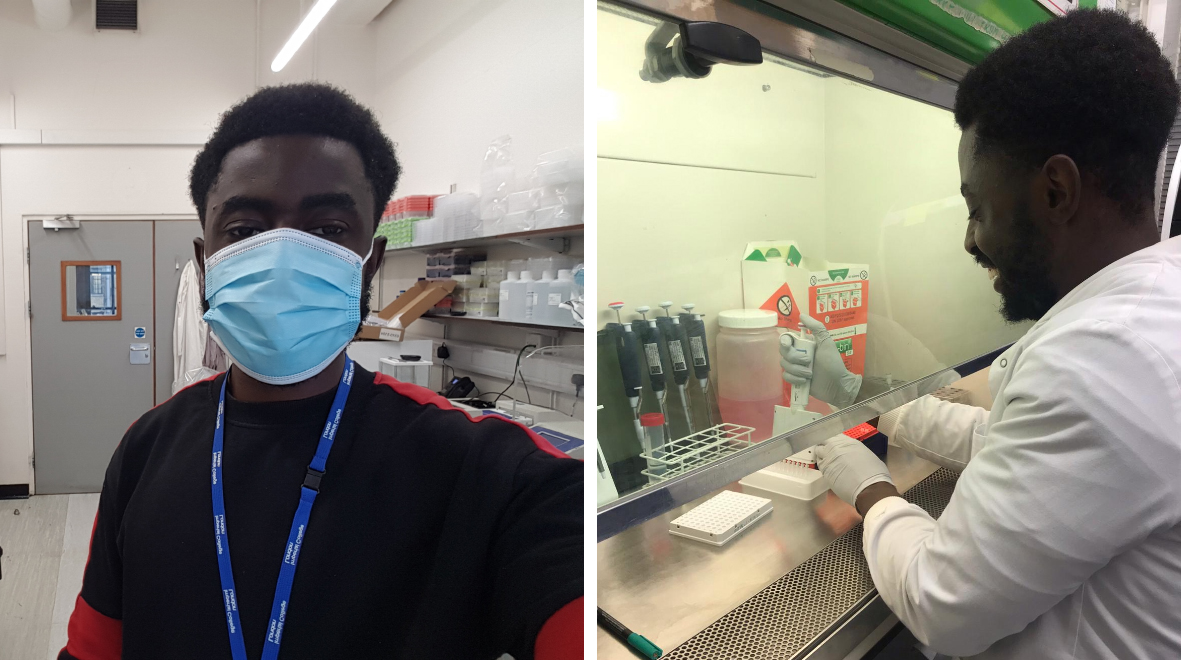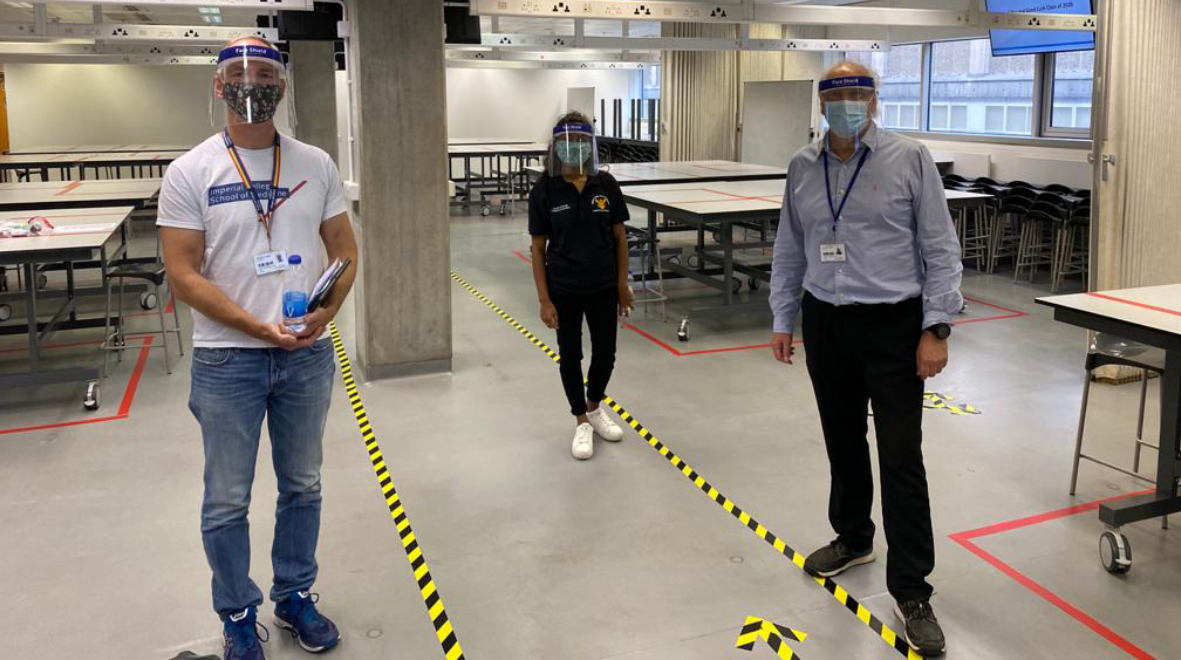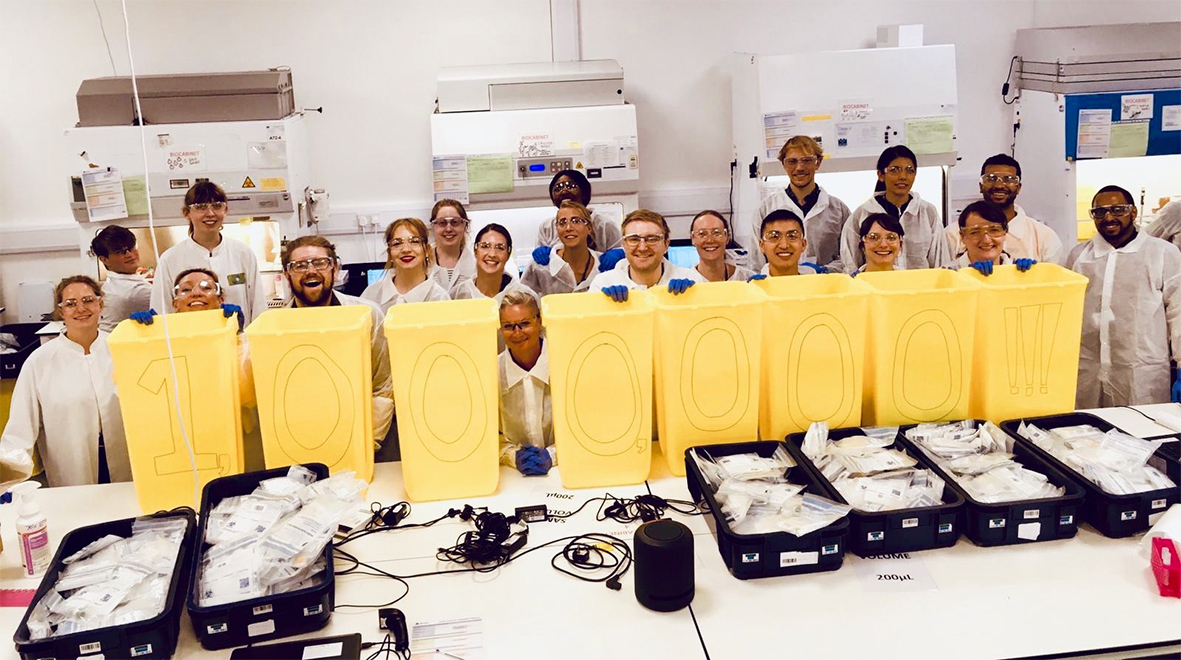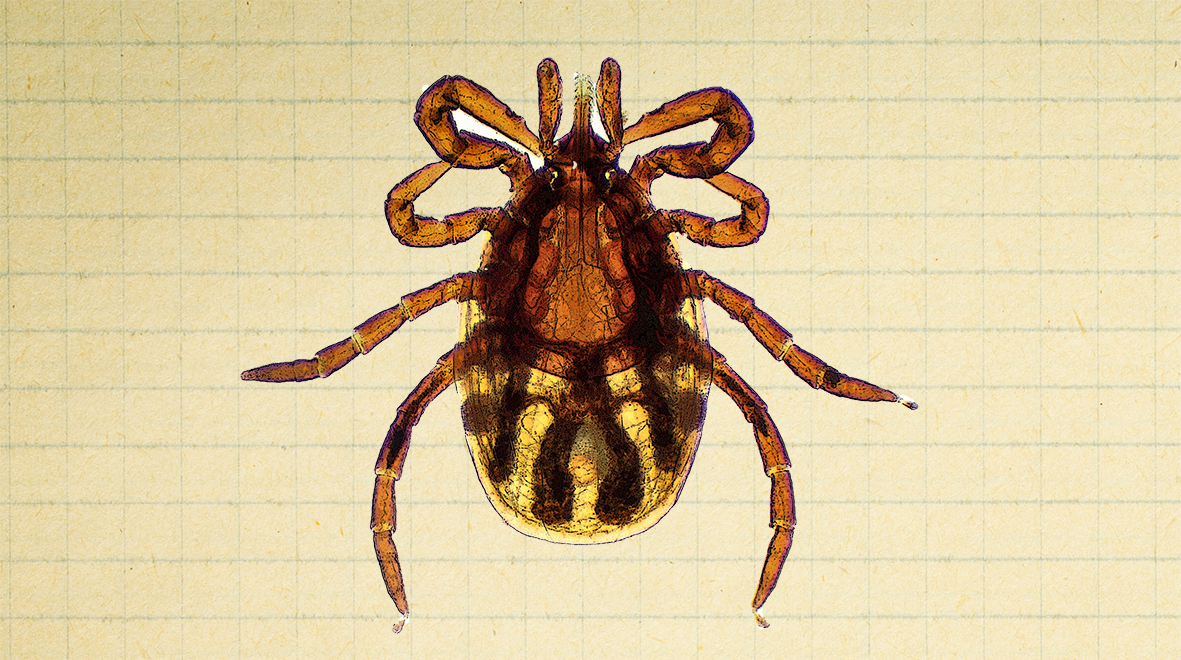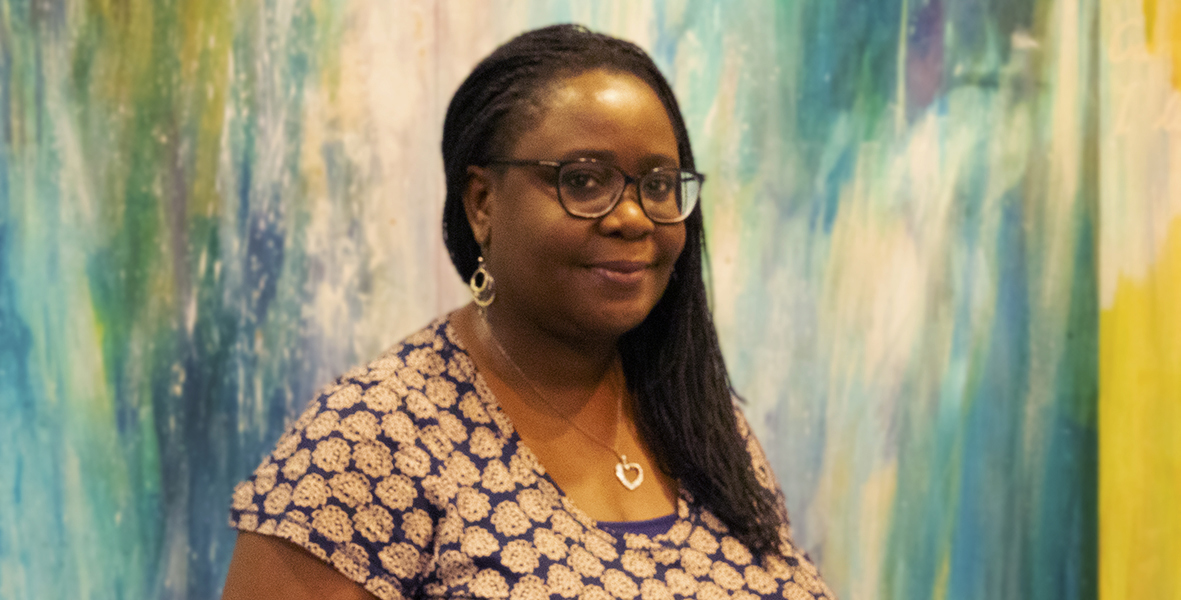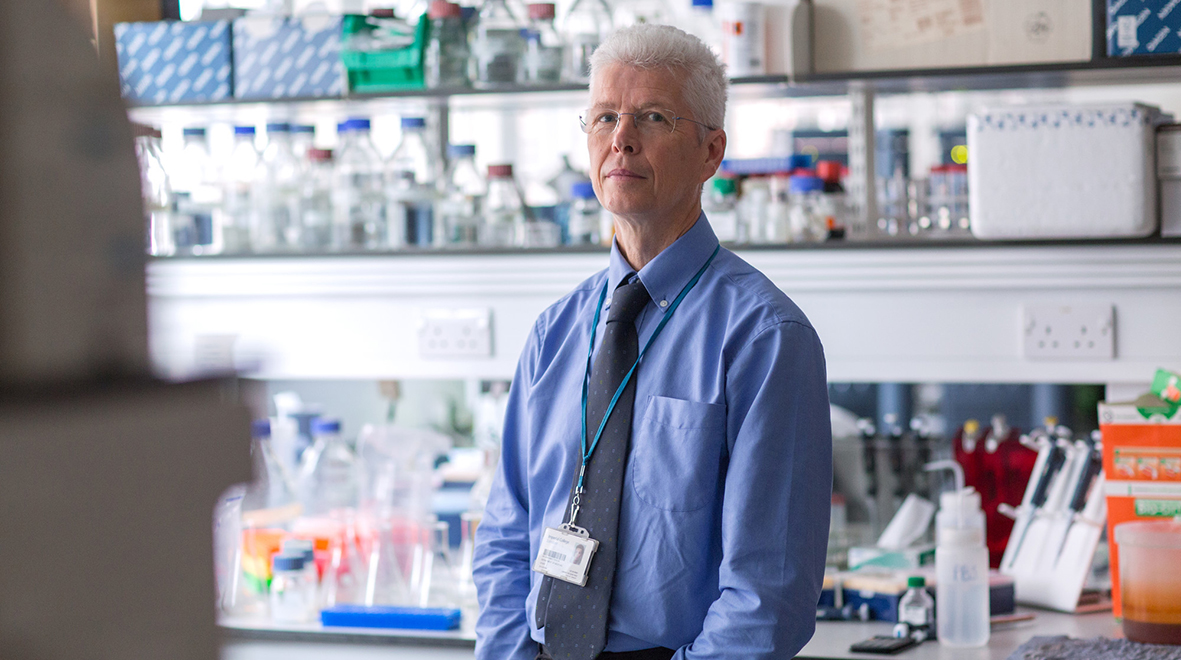
Republished by permission from Springer Nature: Nature Career Column, Being a caregiver while caring about a PhD, Luke Yates, © 2020
Luke Yates discusses how he coped with his wife’s long illness during his PhD programme.
In summer 2008, a year after I started my PhD programme, my wife Samantha was admitted to hospital with a severe chest infection. Sam had cystic fibrosis, and the infection wreaked havoc on her lungs. After a protracted hospitalization, she could not breathe unaided. Furnished with a canister of oxygen and breathing apparatus (a mainstay from then on), along with a substantial amount of antibiotics and other medications, she left hospital, and we carried on with our lives as best as we could. Sam went back to her job teaching a school class of 9–10-year-olds, and I continued pursuing my PhD in clinical medicine at the University of Oxford, UK. But she experienced another infection, which ended with her doctors wait-listing her for a double lung transplant. In January 2010, Sam gave up work, and we began to hope for a life-saving telephone call.
Caring for a loved one who had cystic fibrosis and was waiting for a transplant, while I was trying to complete my PhD programme, seemed impossible. In the laboratory, I was always on tenterhooks, thinking “Today could be the day we get the call.” This uncertainty and anxiety, together with the pressures of research, made my graduate studies tougher than most. As for planning my experiments and conducting research, I needed limited working hours so that I could provide physiotherapy, drug treatments and help to my wife. And I had to get home at a specific time because I shared caregiving responsibilities with Sam’s mum, who tended to her during the day. On top of all this, I had a daily commute of more than two hours. We couldn’t move closer, because we needed to live near our family. (more…)
Read Being a caregiver while caring about a PhD in full
